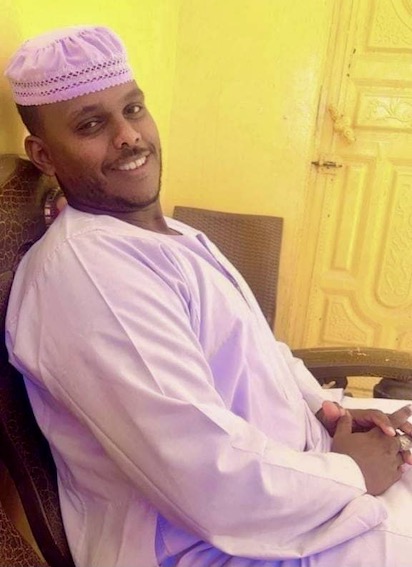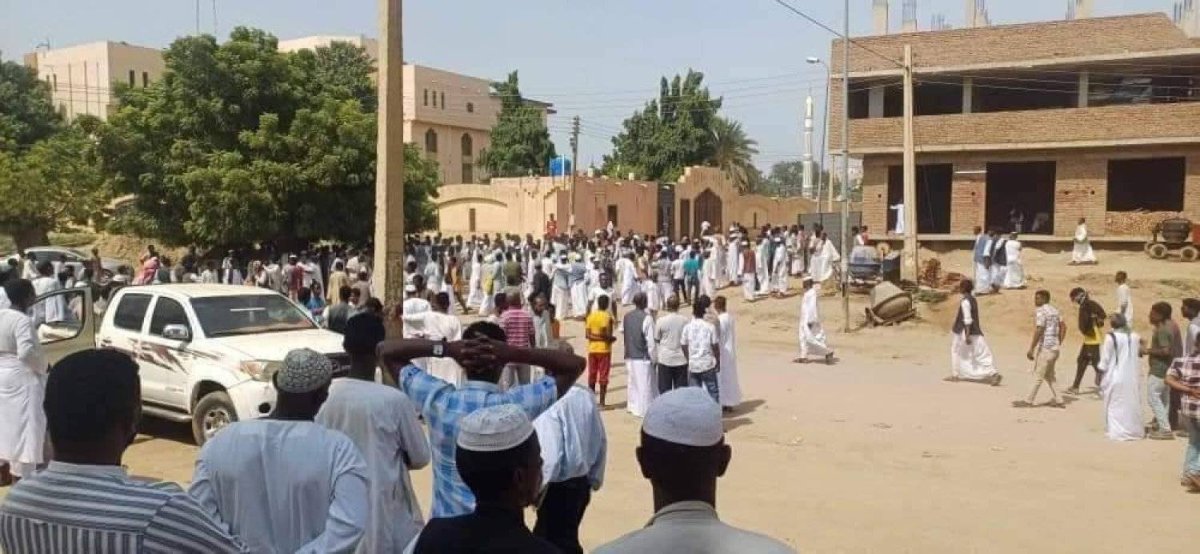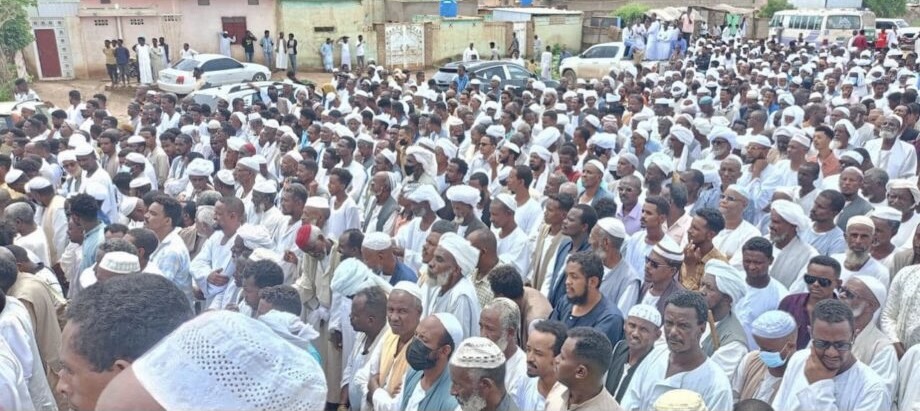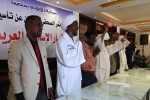A citizen’s death revives memories of torture and detention, sparking renewed outrage
9 September 2024
On 1 September, the eastern state of Kassala was shocked by the tragic death of 25-year-old Amin Mohamed Nour, who succumbed to torture inflicted in the premises of Sudan’s infamous military-controlled security service, the General Intelligence Service.
According to the Emergency Lawyers, pro-bono advocates that defend citizens during Sudan’s ongoing conflict, security forces tortured Amin Mohamed to death, claiming links to the paramilitary Rapid Support Forces (RSF). The accusation was made without evidence or due legal process, the lawyers said.
Sudan’s ongoing war between the army and the RSF has witnessed a revival of these criminal practices by the General Intelligence Service (GIS). The war-induced rampant insecurity has prevented civilians from protesting against such practices in the past. But not this time.
Last week, civilians took to the streets to protest the torture and killing of Amin Mohamed. Roads leading to the intelligence service headquarters were blocked, and traders closed the city’s market in response to a call from youth associations emanating from the Beni Amer and Habab ethnic communities.

The public fury in Kassala reflects the Sudanese revolution that started in December 2018 and eventually helped topple former dictator Omar al-Bashir, says political analyst Mohamed Ibrahim. “The war has muted the public’s voices, but people are now tired of war and will speak out regardless,” he told Ayin.
The unrest also shows the tensions between the local Beni Amer ethnic community and the riverine communities that largely control the security service, the Sudan War Monitor reported.
“I think many more people want the war to end than not, especially as SAF has shown neither an ability to retake territory to any significant degree nor any ability to protect citizens,” says Kholood Khair, Founding Director of the Sudanese think tank, Confluence Advisory. “That realisation is going to drive more people to make demands of SAF, demands they can’t meet.”
As a result of widespread outrage, the public prosecution in Kassala has allegedly begun a preliminary investigation into the death of Amin Mohamed. The investigation involves five suspects, including an officer and four other personnel from the General Intelligence Service. At the request of both the public prosecution and Kassala’s security committee, General Ibrahim Mufaddal, Director-General of Intelligence, lifted these individuals’ immunity. This action aims to facilitate a criminal probe following the autopsy, which revealed torture marks on Nour’s body and led to the case being classified under Article 130 for premeditated murder.
Since the conflict between the army and the RSF started, now close to 17 months in duration, both warring parties have resorted to human rights crimes, including torture and arbitrary detentions. “This is a continuation of the GIS legacy, previously the NISS, which escaped accountability and reform over the last years,” says Mohamed Osman, Sudan researcher at Human Rights Watch. “As our latest research on detainees’ mistreatment has shown, civilians and fighters have their rights under international human rights and humanitarian law, including freedom from torture. Sudan needs more justice now more than ever.”

Full authority and immunity
Shortly after the outbreak of war in Sudan, supporters of the Sudan Armed Forces (SAF) and members of military intelligence were calling for the restoration of the authorities once enjoyed under Bashir. After Bashir’s ouster and the advent of a transitional government, the security forces’ powers were clipped and designed to exclusively gather intelligence. This led to a mutiny by the security operation forces in Khartoum. According to former members of the security service, many within the secret service believe the RSF could never have rebelled against the army if their powers had not been revoked.
On 9 May, the commander in chief of the Sudanese Armed Forces (SAF), Lt.-Gen. Abdel-Fattah al-Burhan, issued a constitutional decree approving the 2024 amendment of the General Intelligence Law.
According to the amendment, detention can initially be for up to thirty days, but the amendment grants the director of the General Intelligence Service the authority to extend this period by up to three months for investigative purposes. If preliminary evidence is found, the detainee is referred to the prosecutor for further investigation and trial; otherwise, they are released.
Legal expert Mahjoub Abdallah says the General Intelligence Service has been restored to its pre-revolution status with all its powers and authority reinstated. Recent human rights violations are a direct result of these amendments, he says, allowing the security forces deadly impunity. The public outrage over Amin Mohammed’s death, however, suggests such tactics may no longer be tolerated within the country, analysts say, even during wartime.



